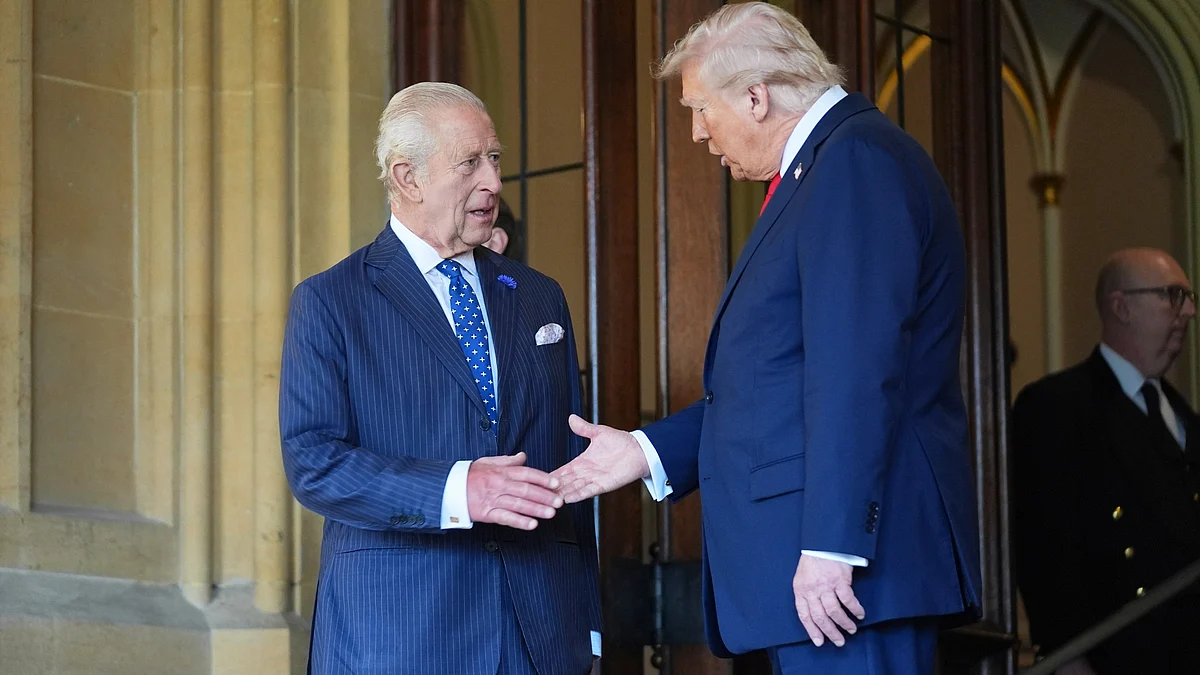Donald Trump’s peace efforts falter as conflicts in Ukraine, Gaza escalate
Experts say achieving peace in high-stakes conflicts is difficult, particularly when lacking experienced diplomats

A month after his Alaskan summit with Russian President Vladimir Putin, former US President Donald Trump voiced disappointment that his diplomatic efforts have yet to bring peace to Ukraine. “He’s let me down. He really let me down,” Trump said, reflecting his surprise at the lack of progress.
Meanwhile, tensions in the Middle East are intensifying. Israeli Prime Minister Benjamin Netanyahu has launched a fresh offensive in Gaza City, including strikes targeting Hamas in Qatar, a US ally hosting diplomatic talks. Trump warned, “They have to be very, very careful,” underscoring the complexity of the situation. In a show of continued support, the Trump administration has notified Congress of its intent to sell nearly $6 billion in military equipment to Israel, amid mounting international criticism over Israel’s operations.
Trump’s frustration contrasts with the confident persona he projects globally, especially as he campaigns for the Nobel Peace Prize and cites “world peace” as a key goal for the upcoming UN General Assembly. However, conflicts in Ukraine and Gaza appear to be escalating rather than easing.
Challenges in diplomacy
Experts say achieving peace in high-stakes conflicts is difficult, particularly when lacking experienced diplomats. Max Bergmann, a former State Department official under President Obama, noted, “It’s like if you were to do a hotel deal—you’d likely make a terrible deal.”
While some former aides argue Trump’s bold approach can yield results, such as pressing European allies to increase defense spending, complex issues like North Korea’s nuclear program, Ukraine, and Gaza have proven harder to navigate.
Middle East tensions escalate
Trump’s diplomatic outreach included visits to Arab nations, including Qatar, and backing Israel’s military actions. Yet Israel’s recent strike in Qatar has jeopardized US-led negotiations, shaking Arab confidence in Trump’s influence over Netanyahu. Some Arab diplomats now consider Israel, rather than Iran, the primary regional threat—a reversal from previous years when Israel-Arab relations had warmed under the Abraham Accords.
US officials have sought to reassure Arab leaders, citing Trump’s expressions of displeasure with Israel’s actions and meetings with Qatar’s prime minister. Still, the upcoming UN General Assembly is expected to bring criticism of US policy and calls for a more balanced approach in the region.
Ambiguous stance on Putin
In Europe, Trump’s approach to Putin has drawn criticism. He has suggested that Ukrainian President Volodymyr Zelenskyy bears partial responsibility for the war started by Moscow in 2022. Trump insisted his meeting with Putin “accomplished a lot” but acknowledged, “It takes two to tango.”
Fears of the war spilling into NATO countries have grown after Russian incursions into Estonian and Polish airspace. Trump described the incidents as potential signs of “big trouble” but remained philosophical: “You never know in war. Things happen that are very opposite of what you thought.”
Israeli strikes kill 14 in Gaza
At least 14 people were killed overnight in Gaza City as Israeli airstrikes intensified. Israel has urged Palestinians to evacuate while targeting Hamas’ military infrastructure. No timeline has been provided, but the operation could last months, further reducing hopes for a ceasefire.
Frustration over the escalating conflict is also growing among Western nations, with several preparing to recognise Palestinian statehood at the UN general assembly. Portugal announced it will officially recognise a Palestinian state on Sunday, while countries such as the UK, Canada, Australia, Malta, Belgium, and Luxembourg are expected to follow.
The situation highlights the challenges Trump faces in pursuing bold diplomatic gestures while navigating the complex realities of international conflicts.
With PTI inputs
Follow us on: Facebook, Twitter, Google News, Instagram
Join our official telegram channel (@nationalherald) and stay updated with the latest headlines
